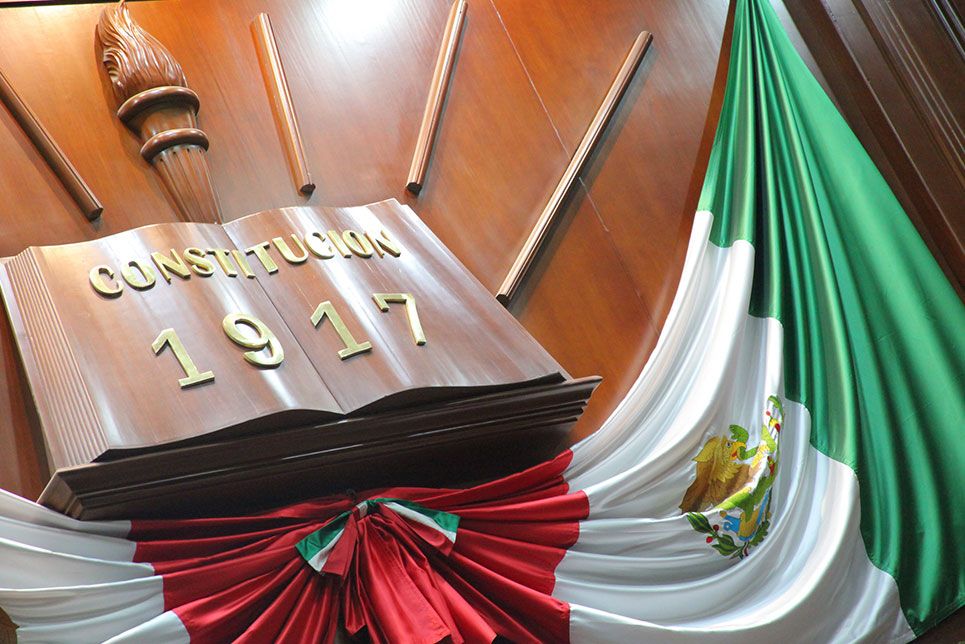Things You Need To Know About Mexican Law, An Overview For Canadians Visiting Or Living In Mexico

Being arrested is a terrifying event, never mind being arrested in a foreign country.
With different laws, in a different language and a different country, you are at your most vulnerable, you will need a lawyer in Mexico. MexLaw can assist you with your legal defense and ensure your human rights are protected.
MexLaw is a professional English and Spanish speaking, law firm in Mexico, assisting with processing disputes, mediation, defense in criminal matters or defense of victims in a criminal proceeding.
If you break the law in Mexico, you will be expected to abide by Mexican law and their judicial system, not knowing the law is not an accepted defense. Many Canadians are not aware of Mexican laws, especially in a tourist town there seems to be a sense of freedom, but this illusion of freedom could cause you some grief. Under Mexican law, you may be arrested and detained if the police believe there is sufficient evidence against you. Canadians have been detained after an automobile accident until it is determined who is at fault.
Mexican law has a state and federal jurisdiction, offenses such as drug trafficking, tax fraud and organized crime would fall under federal offenses. You may be arrested by a local police officer or a federal officer, you would be turned over to the federal police. You will be detained, it is critical you choose your attorney in Mexico with care, choose a law firm in Mexico that can provide the highest quality legal defense.
The Canadian government cannot override the Mexican authorities, nor can they ensure you receive special treatment. Any foreigners, including Canadians detained in Mexico have certain rights, such as having an interpreter, the right to have Canadian authorities notified and to have contact with a Canadian consular official, also under Mexican law you have the right to speak to a Mexican attorney.
Although you are required to answer basic questions such as name, address, citizenship, occupation and any other personal information that may be requested, you have the right to remain silent about the events that brought you to this situation until you speak to a lawyer.
Remember under Mexican law, bail is not as common as it is in Canada. A bail request must be made through a Mexican lawyer.
In 2008 the criminal procedure was amended in Mexico, the reform will replace the Inquisitorial Criminal Procedure System (the court is actively involved in the investigation of the case and acts as judge and jury)
with the Adversarial Criminal Procedure (consists of the prosecution and the defense opposing each other to find the facts of the case and present to a judge or jury)
It has taken years to transition all of Mexico to this system, it is expected to be complete in 2016. Playa del Carmen opened their first oral trial on August 28th 2015.
With this new procedure in Mexican law, both parties present their evidence before the court, similar to Canadian law. The judge is present and there is an opportunity to examine and cross examine the evidence, including the opportunity to hear the witness statements. This new Adversarial Criminal Procedure is a transparent system and based on the theory of innocent until proven guilty.

